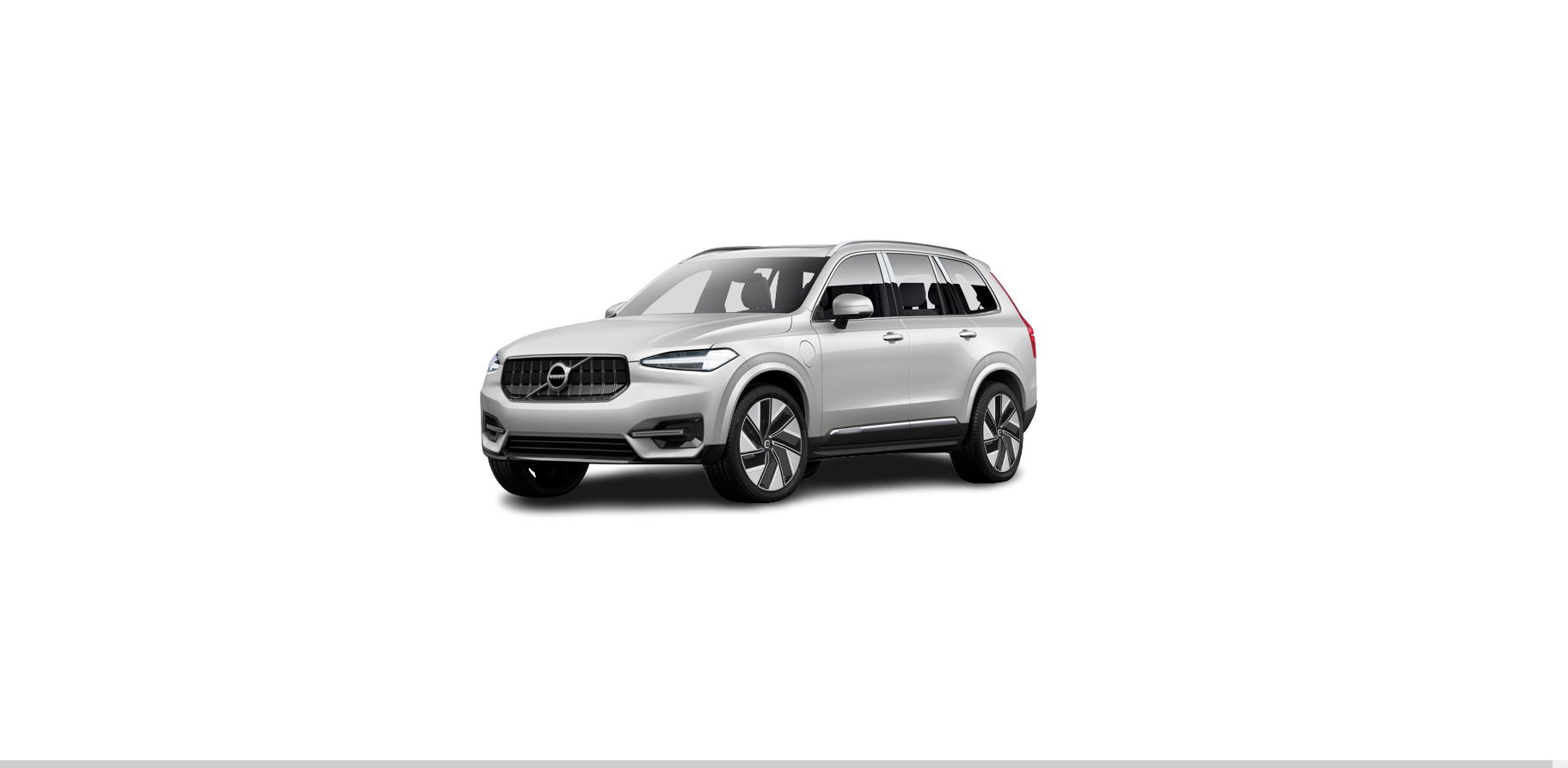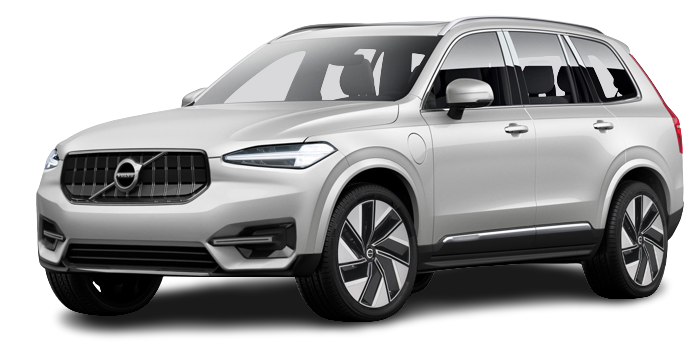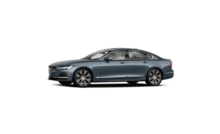If necessary, climate control can be used to cool the media system in the centre display. In these cases, the message Cooling infotainment system is shown in the driver display.
Servicing the climate control system
- The air conditioning system contains fluorescent tracing agents. Ultraviolet light is used for leak detection.
Volvo recommends that an authorised Volvo workshop is contacted. - The car’s climate control system uses a freon-free refrigerant, either R1234yf or R134a depending on market. Information about which refrigerant the car’s climate control system uses is printed on a decal located on the inside of the bonnet. WarningThe air conditioning system contains pressurised refrigerant R134a. Service and repair of the system must only be performed by trained and certified technicians.
The air conditioning system contains pressurised refrigerant R1234yf. In accordance with SAE J2845 (Technician Training for Safe Service and Containment of Refrigerants Used in Mobile A/C System), service and repair of the refrigerant system must only be performed by trained and certified technicians in order to ensure the safety of the system.
Activating and deactivating ventilated front seat
- The ventilation system consists of fans in the seats and backrests that draw air through the seat upholstery. The cooling effect increases the cooler the passenger compartment air becomes. The system can be activated when the engine is running.
Press the left or right-hand side’s steering wheel and seat button in the climate row in the centre display in order to open the controls for seat and steering wheel.
If the car is not equipped with heated seats or heated steering wheel (for the driver’s side), the button for ventilated seats is immediately available in the climate row.
Repeatedly press the button for ventilated seats in order to change between the three levels: High, Medium and Low.
The level changes and the button shows the set level.
Climate control – sensors
- Sun sensor – on the upper side of the instrument panel.
- Moisture sensor – in the casing by the interior rearview mirror.
- Temperature sensor for the passenger compartment – by the physical buttons in the centre console.
- Airborne particulate matter sensor – on the underside of the glovebox.
- Outside temperature sensor – in the right-hand door mirror.
With the Interior Air Quality System there is also an air quality sensor that is fitted into the climate control system air intake.
Climate zones
Climate zones with 2-zone climate.
With 2-zone climate, the temperature in the passenger compartment can be set separately for the left and right-hand sides.
Climate zones with 4-zone climate.
With 4-zone climate the temperature in the passenger compartment can be set separately for the left and right-hand sides in both the front and rear seat.
Activating and deactivating climate for the third row of seats
Open climate view in the centre display by pressing the symbol in the middle of the climate row.- Select the Rear tab.
- Press Third row.
>Climate control is activated/deactivated and the button illuminates/extinguishes.
The climate control for the third seat row is activated automatically if anyone in the third seat row fastens a seatbelt.
Activating and deactivating automatic starting of climate control for the third row of seats
It is possible (with 4-zone climate) to set whether the third seat row’s climate control should be activated/deactivated when the engine is started.
Open climate view in the centre display by pressing the symbol in the middle of the climate row.- Press
- Activate Autostart third-row climate.
>The message Activates third-row climate at startup is shown in the centre display.
Perceived temperature
- The temperature you select in the passenger compartment corresponds to the physically perceived temperature as affected by factors such as the ambient temperature, air speed, humidity, solar radiation, etc. in and around the car at the time.
- The system includes a sun sensor which detects on which side the sun is shining into the passenger compartment. This means that the temperature can differ between the right and left-hand side’s air vents despite the controls being set for the same temperature on both sides.




